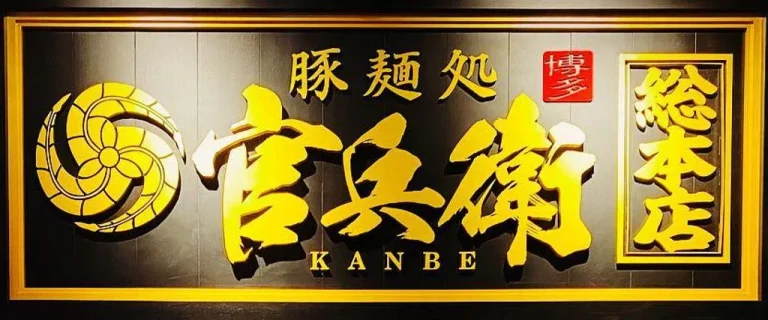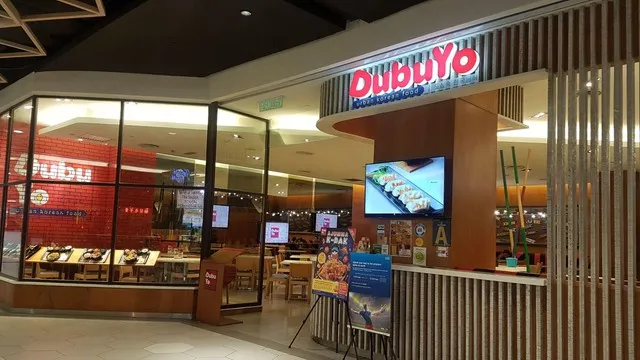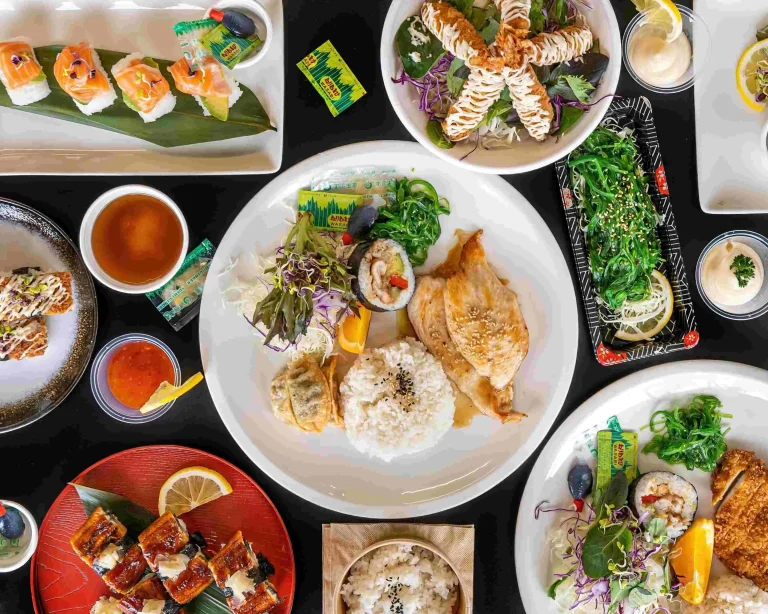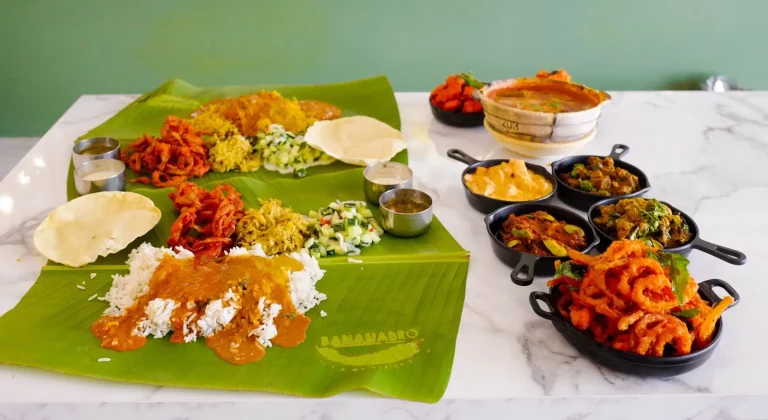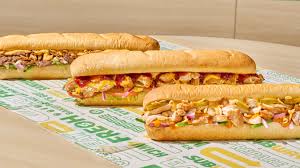
Cristiano Ronaldo has always been more than just a footballer. He is a global icon, an athlete who has redefined discipline, and a role model who demonstrates that greatness is built not only on the pitch but also at the dining table. At the core of his philosophy lies the idea of Ronaldo culture of healthy eating, a mindset that sees food as a cornerstone of performance, longevity, and shared values. For Ronaldo, nutrition is not just a private matter—it is a culture he builds for his children, his teammates, and even the wider football community.
This article explores how Ronaldo has cultivated this philosophy, why it matters, and how his approach extends from personal life to cultural influence.
Why Food Culture Matters Beyond the Pitch
Food is more than fuel. Across sports and everyday life, the way individuals and communities eat reflects discipline, identity, and values. A strong food culture shapes not only physical performance but also mental well-being and social bonds.
For athletes, nutrition determines energy levels, recovery, and injury prevention. For families, it shapes habits that last a lifetime. Ronaldo embodies this dual importance, proving that Ronaldo culture of healthy eating is both a personal and collective mission.
To truly understand his philosophy, it is essential to see how he applies these principles first at home and then with his teammates.
Ronaldo as a Father and Role Model at the Table
As a father, Ronaldo views mealtime as a chance to educate and inspire. He doesn’t just talk about eating well—he demonstrates it daily. His children see how their father chooses wholesome foods, avoids unnecessary sugars, and makes conscious decisions at the table.
Food, in this context, becomes a teaching tool. He uses the same focus he applies to training to instill discipline and awareness in his kids. This approach ensures that the next generation grows up with not just good habits but an appreciation of why those habits matter.
Instilling Discipline in His Children’s Diets
Discipline is central to Ronaldo’s parenting. His children are encouraged to understand moderation, the importance of hydration, and the value of balance. They are guided to make mindful choices—whether it’s selecting fruit over soda or appreciating a lean protein dish instead of fast food.
What sets Ronaldo apart is consistency. Just as he commits to his own strict nutritional regimen, he expects his children to see food as part of their identity. This discipline at home mirrors his influence in professional environments, setting the stage for how he later inspires teammates.
Extending Influence to Teammates in the Locker Room
Ronaldo’s impact does not end with his family. In every team he has joined—from Manchester United to Real Madrid, Juventus, and Portugal’s national side—he has been known to inspire teammates with his habits. Players often remark on how his dietary discipline influences locker-room culture.
In this way, Ronaldo leads by example. His teammates see his performance and longevity as the product of a lifestyle, and many adopt similar practices to improve their own routines. Here, food becomes a leadership tool, shaping not just individuals but entire groups.
From Individual Habits to Team Standards
The transformation from individual behavior to group standards is gradual but powerful. When one player maintains extraordinary discipline, others often follow suit, creating a ripple effect. Ronaldo demonstrates that what begins as a personal commitment can evolve into a shared ethos.
In this sense, Ronaldo culture of healthy eating is not confined to his own plate. It becomes a standard that influences menus, recovery routines, and even how clubs manage nutrition for the whole squad. This shift from micro to macro illustrates how one leader can set a tone for many.
Nutrition as a Tool for Team Cohesion
Beyond performance, shared nutrition builds unity. Eating together creates rituals that bond teammates, and shared discipline reinforces trust and accountability. By promoting healthier group meals, Ronaldo fosters cohesion both on and off the pitch.
When players commit to the same routines, they cultivate solidarity. Nutrition becomes a subtle but powerful way to create alignment—a crucial factor in high-performance teams.
Thus, food is not only about health; it is also about belonging and identity within a team.
Performance Benefits of Building Food Culture
The scientific benefits of Ronaldo’s approach are clear. A balanced diet rich in lean proteins, healthy fats, and complex carbohydrates improves energy availability. Proper hydration enhances stamina, and disciplined recovery nutrition reduces injury risk.
For Ronaldo, food is a performance enhancer, just like training or tactics. His unmatched longevity—playing at the top level well into his late 30s—is testimony to how a consistent approach to nutrition delivers results.
This evidence positions his philosophy as not just a lifestyle but also a performance system, one that both athletes and non-athletes can learn from.
Life Lessons for Non-Athletes
Ronaldo’s approach is not reserved for professionals. Everyday readers can apply the same principles by embracing discipline, balance, and intentionality in their meals. His philosophy teaches that food is an investment in health, focus, and productivity, regardless of profession.
Simple practices—like drinking more water, avoiding processed sugars, or prioritizing whole foods—are accessible to anyone. By seeing food as culture, individuals can build habits that support their families and communities, just as Ronaldo has done.
Cultural Influence of Ronaldo’s Eating Habits
The reach of Ronaldo’s food philosophy goes far beyond his household or locker room. Media coverage of his decisions—such as removing sugary drinks from press conferences—has sparked global discussions about nutrition.
Fans observe not only his skills but also his discipline, and many emulate him. This cultural ripple demonstrates how a single athlete’s habits can influence broader societal attitudes. Ronaldo culture of healthy eating has become a symbol of professionalism and personal responsibility in the modern sports era.
Connecting Lifestyle and Football Communities
Ronaldo’s influence extends into football communities worldwide. His choices spark debates on forums, influence young players, and even shape how fans think about their own lifestyles.
It is within these communities that lifestyle and entertainment converge. For example, football enthusiasts who admire Ronaldo’s discipline may also engage with platforms that combine insights and interactive engagement. For readers inspired by Ronaldo’s lifestyle and football values, additional perspectives can be found at เว็บพนันยูฟ่า 168, where football insights and entertainment converge. Similarly, strategies like สูตรแทงบอลครึ่งแรก reflect how tactical thinking in sport mirrors planning in life.
This connection demonstrates that lifestyle, discipline, and football culture are interwoven in ways that extend beyond the game itself.
Conclusion – Building a Legacy Through Food and Culture
Cristiano Ronaldo’s mission is clear: to make food not just about fuel, but about culture. He instills this philosophy in his children, inspires his teammates, and influences broader society.
The Ronaldo culture of healthy eating is about more than nutrition—it is about values, discipline, leadership, and legacy. By demonstrating consistency and commitment, Ronaldo shows how one person’s habits can ripple outward, shaping families, teams, and even global audiences.
For readers, the lesson is timeless: food is not only about the present meal but also about the future it builds. Like Ronaldo, we can all embrace nutrition as a cultural cornerstone, an investment in health, and a foundation for lasting success.

